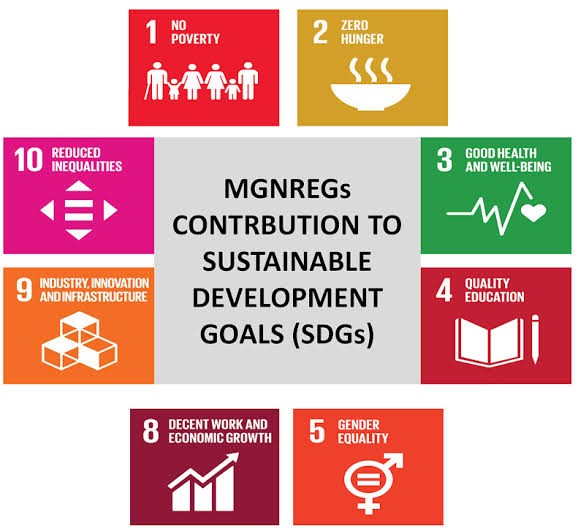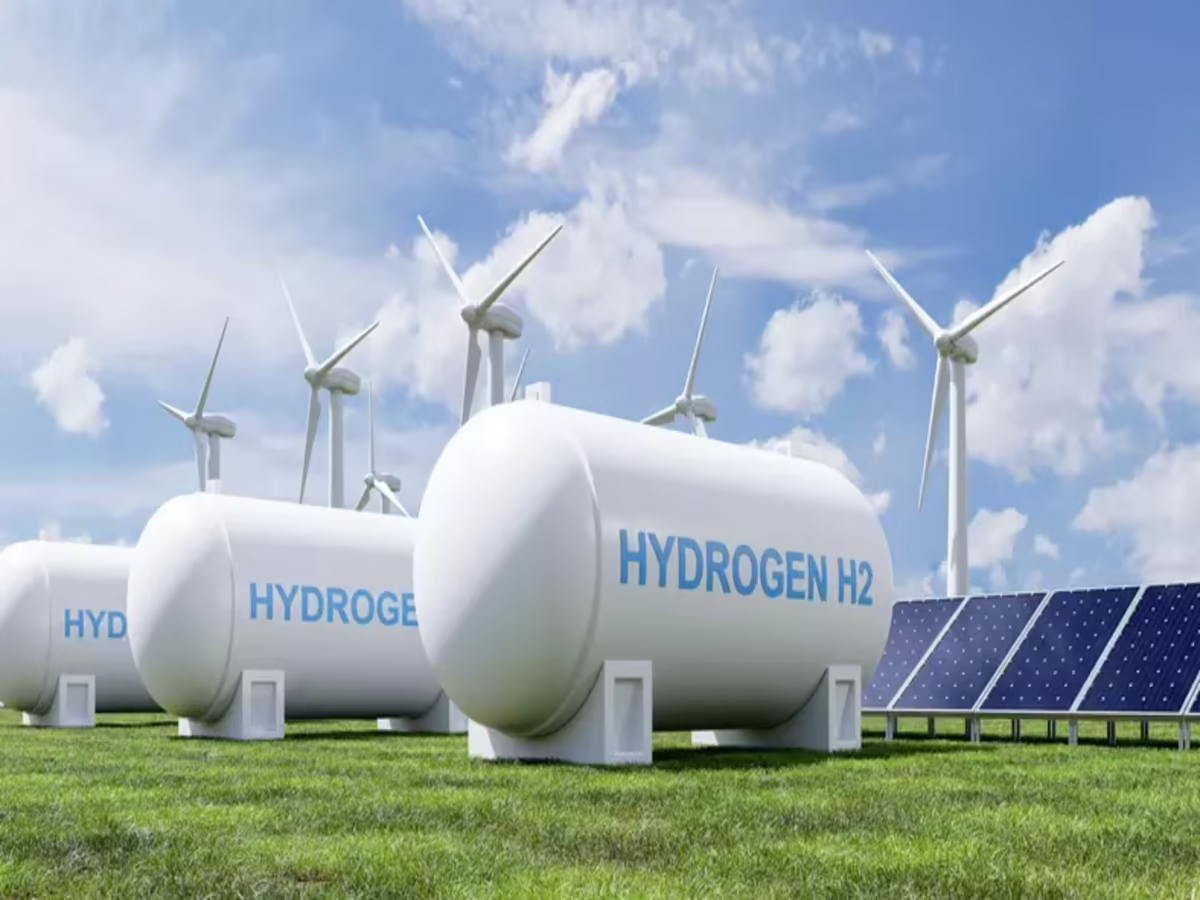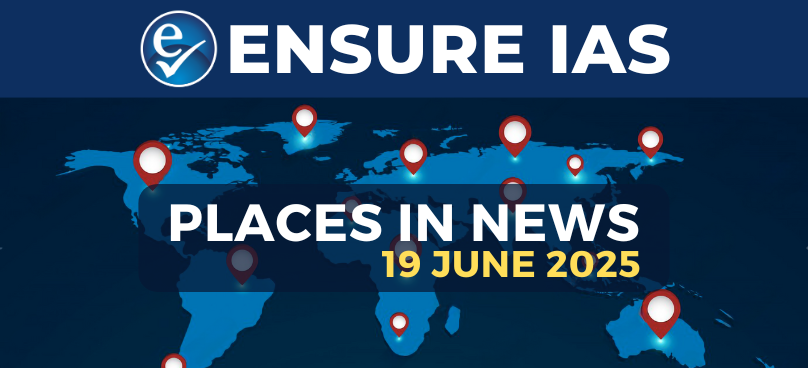- Courses
- GS Full Course 1 Year
- GS Full Course 2 Year
- GS Full Course 3 Year
- GS Full Course Till Selection
- Answer Alpha: Mains 2025 Mentorship
- MEP (Mains Enrichment Programme) Data, Facts
- Essay Target – 150+ Marks
- Online Program
- GS Recorded Course
- Polity
- Geography
- Economy
- Ancient, Medieval and Art & Culture AMAC
- Modern India, Post Independence & World History
- Environment
- Governance
- Science & Technology
- International Relations and Internal Security
- Disaster Management
- Ethics
- NCERT Current Affairs
- Indian Society and Social Issue
- NCERT- Science and Technology
- NCERT - Geography
- NCERT - Ancient History
- NCERT- World History
- NCERT Modern History
- CSAT
- 5 LAYERED ARJUNA Mentorship
- Public Administration Optional
- ABOUT US
- OUR TOPPERS
- TEST SERIES
- FREE STUDY MATERIAL
- VIDEOS
- CONTACT US
Decentralisation of MGNREGA Scheme
Decentralisation of MGNREGA Scheme

Decentralisation of MGNREGA Scheme
Why in News?
Ministry of Rural Development has suggested decentralisation of the Mahatma Gandhi National Rural Employment Guarantee Scheme (MGNREGS), allowing for more “flexibility” at the ground level.
About MGNREGA:
- It is a poverty alleviation (lessening) programme of the Government of India.
- It provides the legal Right to Work in exchange for money to the citizens of the country.
- Approx. 1.5 crore people work under MGNREGA daily.
- It aims to enhance livelihood security in rural areas by providing at least 100 days of guaranteed wage employment in a financial year to every household whose adult members volunteer to do unskilled work.
- The funds under the scheme are shared between the Centre and the states. The Central Government bears:
- 100% of the cost of unskilled labour
- 75 % of the cost of semi-skilled and skilled labour
- 75% of the cost of materials
- 6% of the administrative costs
Features of MGNREGA:
- The Act provides a legal right to employment for adult members of rural households.
- The scheme ensures that, at least 1/3rd of beneficiaries have to be women.
- It also considers the welfare of labourers as the wages must be paid according to the Minimum Wages Act, 1948.
- Employment must be provided within 15 days, and if the state fails to do so an ‘unemployment allowance’ must be given.
- [Unemployment allowance is the financial aid given by government in case of non-availability of work.]
- Panchayats are responsible for planning, implementation and monitoring of the works that are undertaken.
- Gram Sabhas must recommend the work to be done and at least 50% of the work must be executed through MGNREGA.
- There is proactive opening of the job/work through wall writings, Citizen Information Boards, Management Information Systems etc. (conducted by Gram Sabhas).
What are the Issues/Suggestions related to decentralisation of MGNREGA?
|
Issues:
|
Suggestions:
|
For example, at present, the minimum wage of a farm labourer in Gujarat is RS 324.20, but the MGNREGS wage is Rs 229.
|
|
Other Recent Issues related to MGNREGA:
- More than 1.59 lakh workers are registered under the scheme but almost 75% of them does not get work.
- Increasing mechanisation (work by machines) is one such big issue which is reducing the availability of the jobs.
- According to an audit report there has been a misappropriation of almost Rs 935 crore in NREGA schemes in the last 4 years.
Significance OF MGNREGA:
- It is a social security scheme to generate employment for the rural poor and ensure livelihood for people in rural areas.
- The scheme works for welfare of people by ensuring participation of women, Scheduled Castes (SCs) and Scheduled Tribes (STs) and other marginalised sections of society.
- It increases the wage rate in rural areas and strengthens the rural economy through the creation of infrastructure assets.
- It enables sustainable development by its contribution in the direction of water conservation.
- For example, Over the last 15 years, 3 crore assets related to water conservation have been created through the rural jobs scheme.
Challenges to MGNREGA:
- Low Wage Rates under MGNREGA have resulted in a lack of interest among workers.
- The funds allocated to MGNREGA are not sufficient in many States which affects the work in peak season.
- There are very little funds available as compared to the actual funds allocated for the schemes due to high corruption.
- There are several cases of discrimination against women and people from the backwards groups are reported from several regions of the country and a vast number goes unreported.
- There is a huge pendency in the number of unemployment allowances.
- There is lack of awareness among people, especially women about this scheme and its provisions, which leads to uninformed choices or inability to get the benefits of the scheme.
- Improper scrutiny (investigation) and lack of timely resources result in poor quality assets.
Suggestions for effective functioning of MGNREGA:
- The participation of women and backwards classes must be increased by raising awareness, which will make it more inclusive.
- There is a need to carry out regular social audits as per rules.
- People should be sensitised to stand up for the discrimination against them.
- actions should be initiated against officers who are found guilty of stealing funds.
- The poor utilisation of funds should be analysed and steps must be taken to improve them.
Way Forward:
The welfare schemes like MGNREGA are very important for the holistic development of India. Government should increase the funds towards welfare schemes and should positively look forward to empower the gram sabhas with regular audits so that efficiency of these types of schemes can be maintained and their real purpose to uplift people can be fulfilled.




